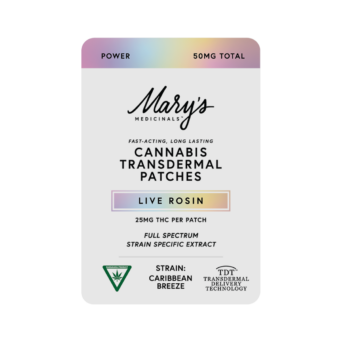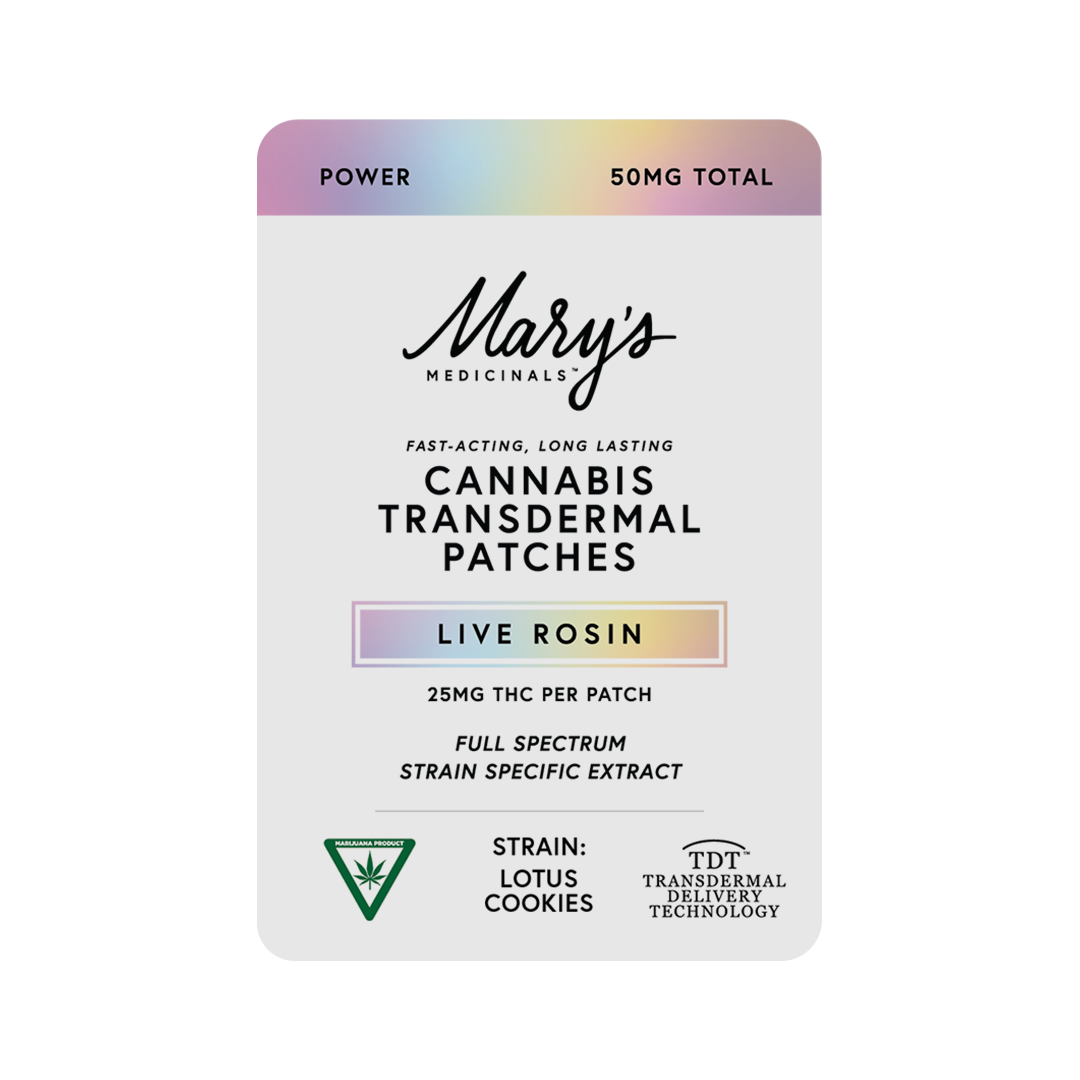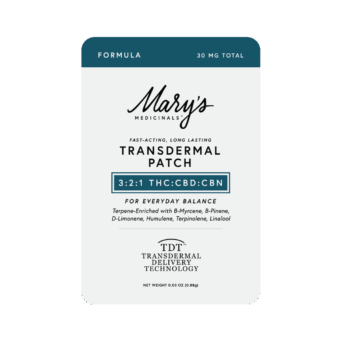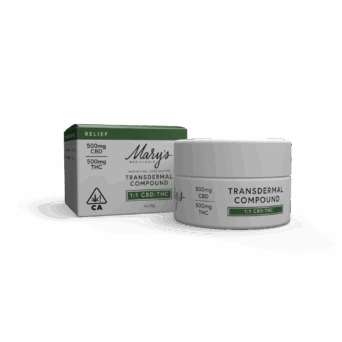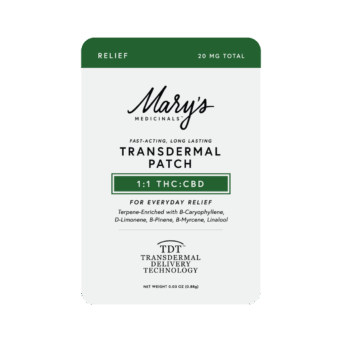Dr. Brandon Zipp, Director of Research and Development at Vitality Biopharma, continued CannMed’s focus on the human gut with a fascinating discussion of a new class of cannabinoids specifically designed to target THC delivery to the large intestine and colon. Many readers, by now, are familiar with phytocannabinoids and endocannabinoids. Vitality Biopharma has created a new class of cannabinoids called, cannabisides, or cannabinoid glycosides. These are, essentially, THC molecules with some extra sugar molecules attached. The addition of these sugar molecules allows the THC to pass through the small intestine largely undigested. When cannabisides reach the large intestine, they encounter gut bacteria that (Viola!) break off the sugars and release THC into the intestinal lining.


You might ask, why is this a good thing? While the data supporting cannabis as a treatment for Irritable Bowel Syndrome (IBS) – an umbrella term for Crohn’s Disease and ulcerative colitis – is largely observational, Dr. Zipp cited studies where, over an 8-week course of taking medical cannabis, patients experienced significant decreases in their Crohn’s Disease Activity Indices and Ulcerative Colitis Scores. They were also able to reduce and/or discontinue taking opioid and anti-inflammatory medications. And, at Crohnology.com – a crowd-sourced patient web site, cannabis was rated as the most effective treatment for reducing abdominal pain, cramping, joint pain and diarrhea.
It is clear that THC is a promising IBS treatment that may help patients avoid serious side effects of currently approved medications, including immunosuppression. But THC has its own, often unwanted, side effects, mainly psychoactivity and dizziness. Vitality Biopharma’s most promising cannabiside candidate, VBX-100, enables THC delivery without THC side-effects because it is unable to bind to endocannabinoid receptors nor transporters. After treatment with VBX-100, rat models had less blood in their stools, improved colon morphology and stool consistency and increased neutrophil levels in their intestinal tissue (a good thing). Phase II clinical trials are set for 2019, paving the way for an eventual cannabinoid-based medicine that may offer relief from debilitating IBS symptoms.
-Sarah Cohen




